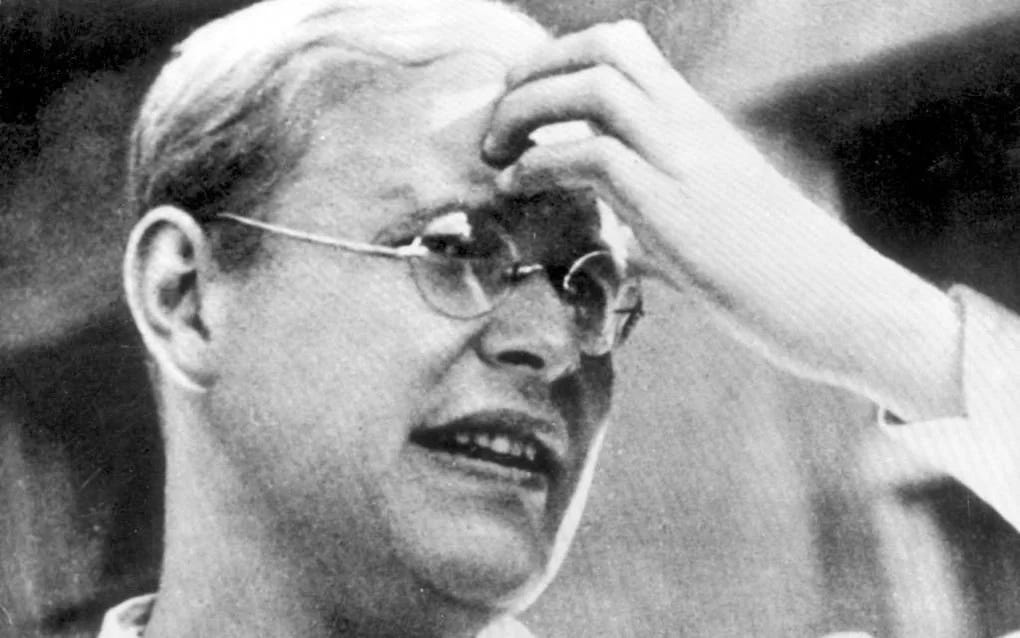Ethics
A primer on moral discernment
*This is the fourth essay in a series meant to be starting points for theological reflection. For the previous posts, click the links here:
Part 1 [on Systematics]
Part 2 [on Scripture]
Part 3 [on History]
While systematics, history, and Biblical studies can be viewed as heady or bookish-type work, dealing only in the arena of abstracts and ideas, the theologian cannot escape the concrete ethical demands placed on their discipline. Any talk of God must necessarily lead to talk about human persons and creation itself, and that talk needs to provide answers for how the human community is to live amongst itself and within the natural world. However, ethical reflection oftentimes devolves into simplicities; circular arguments constructed through syllogism and fallacy, always striving to provide black and white “answers” to how someone or something can do or be “good. Dietrich Bonhoeffer, while living imprisoned under the dark cloud of the Third Reich, reframed the ethical question entirely. “Those who wish even to focus on the problem of a Christian ethic are faced with an outrageous demand – from the very outset they must give up, as inappropriate to this topic, the very two questions that led them to deal with the ethical problem: ‘How can I be good?’ and ‘How can I do something good?’ Instead, they must ask the wholly other, completely different questions: what is the will of God?” He then explains his reasoning behind this transformation of the question: “This demand is radical precisely because it presupposes a decision about ultimate reality.”
This cuts to the heart of the weakness and ultimate futility of modern-day questions and debates regarding ethical judgments. In our contemporary society, moral decisions are rooted in an ever-changing and fleeting array of frivolous commitments, modern categories, and convoluted language. Societies currently judge the “good” according to what measures up to constructed notions of love, or self-discovery, or being a “good” person. But for Bonhoeffer, grounding one’s ethical reflection in such definitions is to founder from the start. When our goodness or our self-actualization is the focus, “the decision has already been made that the self and world are the ultimate realities [3].” For the modern world, the individual as individual is the ground for rights, privileges, and protections. There are, at times, hints toward a broader vision of justly ordered societies that trend toward a corporate responsibility amongst communities and nations. Yet, even in these brief glimpses of beneficence a particular way of life, bound up in the nostalgia of a certain heritage, is usually in view. People band together around a cause or a “value,” not a theological commitment decided by what it means to love God and neighbor.
Such “values” are typically the result of certain ways of reading and invoking the Scriptures, particularly the New Testament. Therefore, Christians can claim a moral vision that is “rooted in the Bible” – we become “people of the book,” or, worse, we attempt to “hold a Biblical worldview.” Richard Hays, in his treatment of ethics, argues that we are to engage “how the New Testament ought to shape the ethical norms and practices of the church in our time [4].” This becomes a rather difficult project as it turns out, trying to piece together loosely connected writings to form an ethical canon that can withstand the progress of time and culture. Hauerwas, quoting Joseph Blenkinsopp, says it like this: “The [Biblical] canon does not contain its own self-justification but rather directs our attention to the tradition which it mediates [5].” The authority of Scripture is rooted in a communal life – a tradition – that faithfully remembers God’s story in Christ. In other words, Hauerwas does not believe the Bible can or should be “used” for ethical reflection, a proposition in which Hays obviously disagrees. Hays would suggest that Hauerwas is implicitly claiming that the ethicist has a privileged vantage point from which moral reflection can happen [6]. Yet, this is missing Hauerwas entirely. There is a privileged vantage point for moral discernment, namely, the Incarnate Word – Jesus the Christ. Hence, why Hauerwas argues that the Eucharist – as the Church’s enacted story told through the liturgy, is a better place to begin this sort of work, given it was the starting place for the earliest Christian communities [7].
Keep reading with a 7-day free trial
Subscribe to Tables and Altars to keep reading this post and get 7 days of free access to the full post archives.


